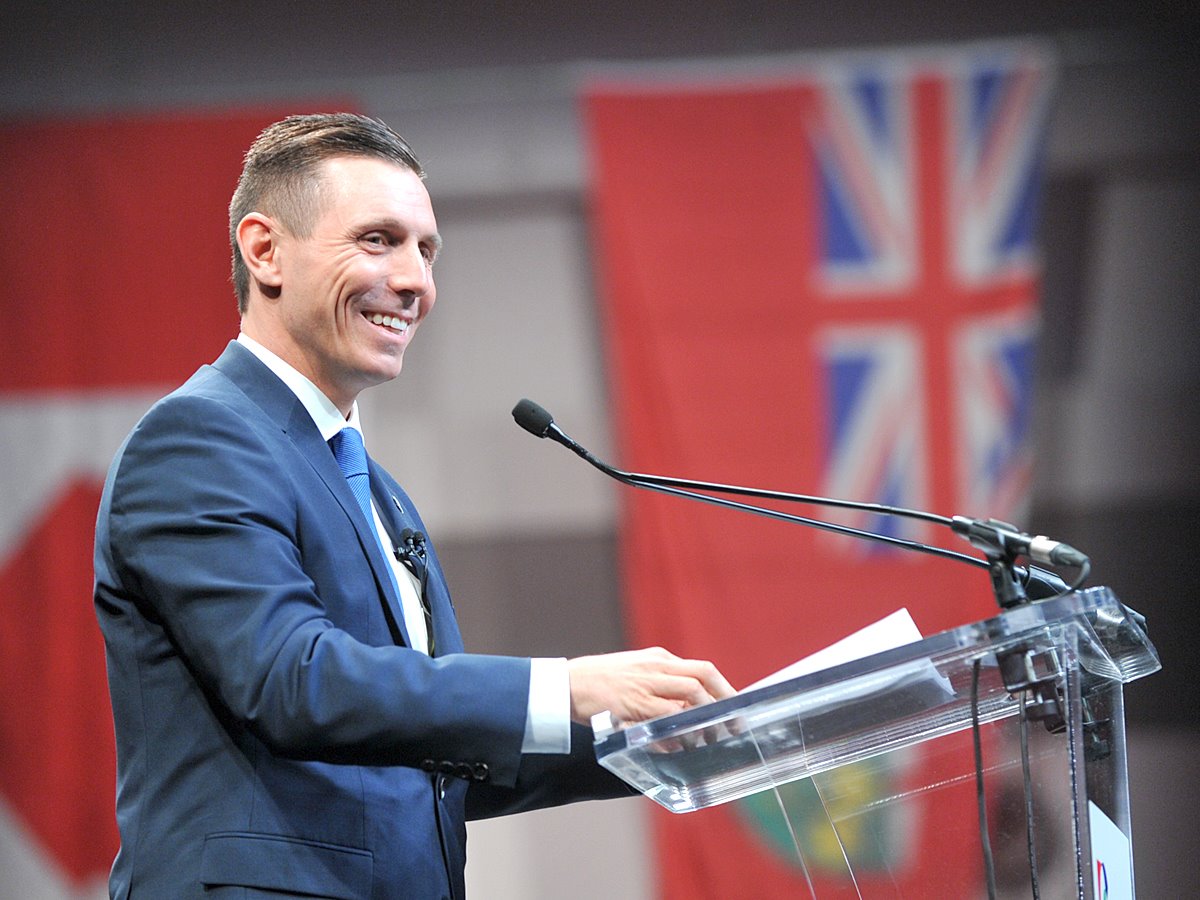
Brampton’s integrity commissioner has cleared Mayor Patrick Brown’s behaviour, noting that he did not break any codes, following a dispute over Tamil Genocide Day.
Responding to a resident who criticised the memorial day as recognising only “one ethnic group”, Brown questioned if he had worked with or spoken with the Sri Lankan government “due to a perceived similarity in the language used”.
Following Brown’s remarks, he received complaints alleging that he “acted falsely and discriminatorily and exceeded his jurisdiction by stating that there was a genocide of the Tamil people.”
However, there has been increasing willingness to acknowledge the Tamil genocide with both the province of Ontario and city of Palermo, Italy, recognising the genocide. The passage of Ontario’s Bill 104 last year introduced “Tamil Genocide Education Week” which marked the 7-days leading up to May 18, commemorating the Mullivaikkal massacre.
Whilst official figures vary an estimated 169,000 Tamil civilians were killed during the final phase of the armed conflict with roughly 17,000 killed in the final weeks alone.
Read more here: How many Tamils were killed in 2009?
Whilst the commission stated that Brown’s conduct “fell short of the standard recommended” they maintain that he did not violate the rules and maintained that they would not investigate whether he exceeded his jurisdiction as Mayor in recognising the Tamil genocide.
Brown has been a steadfast ally of the Tamil community and has regularly denounced efforts by the Sri Lankan government to eradicate genocide memorials and commemorations.
Shameful. The Sri Lankan government continues to stain their own damaged reputation. The world doesn’t forget Tamil Remembrance Day even if the Sri Lankan government attempts to hide from the genocide they perpetrated. #MaaveerarNaal2021
— Patrick Brown (@patrickbrownont) November 27, 2021
Brown’s statement comes amidst an increasing crackdown on Tamil voices in Sri Lanka with the British Foreign Office reporting that "security forces increased their surveillance and intimidation of human rights activists and their use of the Prevention of Terrorism Act, with a number of arbitrary arrests". In March, the Sri Lankan government issued a wide-reaching proscription on hundreds of Tamil individuals and organisations under the auspices of counter-terrorism, a move that has been widely condemned by human rights campaigners.
In June 2021, Dr Chris Smith provided evidence of Sri Lanka intelligence operations to a British tribunal noting that:
“Both within Sri Lanka and further afield, intelligence gathering is now at the heart of security policy and posture”. He added that the Sri Lankan state spends a lot of time monitoring and infiltrating groups and that Colombo “remains extremely focused on diaspora activities and will likely remain so in the future.”
Read more here.
